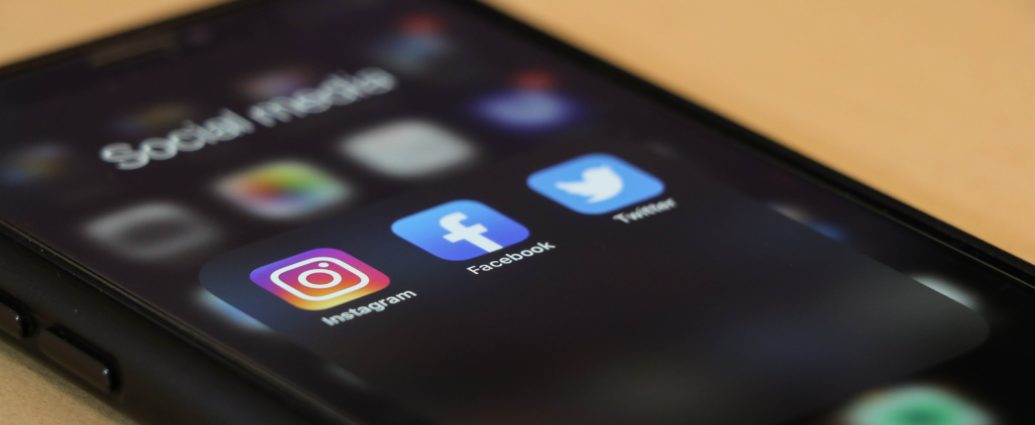Grace Wayne
The line between fans and public figures is blurrier than ever. This has created a group of ‘relatable’ musicians who view the public persona they display as equally important as their music.
Transformed Expectations
Fans today want more from celebrities – whether that be in performances (such as with more elaborate costumes and dance routines) or the desire to feel close to them on a personal level. While previously a good voice, stage presence, and a strong management team could be enough to make it as a musician, fans now expect that extra something special. Shows like RuPaul’s Drag Race demonstrate the importance of range; performers are not just musically talented, but skilled in dance, comedy, makeup, and most importantly; personality. Fans won’t just settle for a catchy song – they look both at how it’s performed and who is performing it.
On social media, with all eyes pointing in the same direction, it’s easier than ever to get your big break – fans, money, and admiration are only a click away if you play your cards right. However, the sheer abundance of music easily accessible on streaming services means it’s just as easy to lose that attention. Desperate to hang onto the perks of being viral sensations (without the necessary musical theatrics to maintain a fanbase on talent alone), modern artists have become dedicated to creating an online persona so engaging that it’s impossible just to disregard them into a pile of other one-hit wonders.
“like a friend – or worse, like a romantic partner”
You’ll see it all over sites like Twitter and Instagram. Artists directly address fans like they’re friends. At nine AM they’ll tweet ‘good morning!’. At lunchtime, they’ll post a picture of what they’re eating, and before they go to sleep they’ll tweet ‘night! love you!’. They’re constantly addressing their thousands of fans individually, conditioning you to view them in a certain way; like a friend – or, potentially worse, like a romantic partner.
Psychological Impact
This encouraged parasocial relationship means that you’re more likely to remain invested in their career. They want you to keep streaming their music, liking their posts, and replying to their tweets. A lot of fans do these things as often as they can because the line has been blurred. These artists have more connections to the people they connect with than just providing music. You wouldn’t just disregard a friend; so how could you do the same to them?
“Their jobs never truly end”
This performing even away from the stage means that the musicians’ job never truly ends. Performers are assigned appealing personas that must be adhered to at all times. There seems to be a commonality with Old Hollywood stars, who became the first ‘celebrities’ whose personal lives interested the public as much as their working lives. But, in Old Hollywood actors could at least find privacy behind closed doors. Modern-day performers must perform wherever their phones go, with the knowledge that if they aren’t constantly performing there’s a risk that another moderately attractive person with a decent discography will take their place.
The relationship between fan and figure is perhaps most noticeable when a celebrity does something wrong. Fans respond to scandals with a loud outpouring of emotions. They often feel personally wronged, or even betrayed, when their idol acts in a way they disagree with. They’ve invested more than just money into these musicians – they’ve invested both time and emotion, too. To have their mental image of these people – who they thought they knew like friends – crushed would likely hurt like a breakup.
“all publicity is good publicity”
Alternatively, as the saying goes, some believe that all publicity is good publicity. Some artists cultivate a persona that people love to hate in the name of getting attention. You’ll see an outlandish comment followed by a line like ‘since I have you here, check out my music.’ There’s no set model that artists follow when they seek attention, but nowadays the link between artists’ personalities and their professional image is undeniable. At the end of the day, fame always has a price – but we need to ask, is it fair to expect to have 24/7 access to artists’ lives? Is it more damaging than beneficial – and which party is at more risk of harm, the artist or the consumer?
Featured image courtesy of dole777 on Unsplash. No changes were made to this image. Image license found here.

